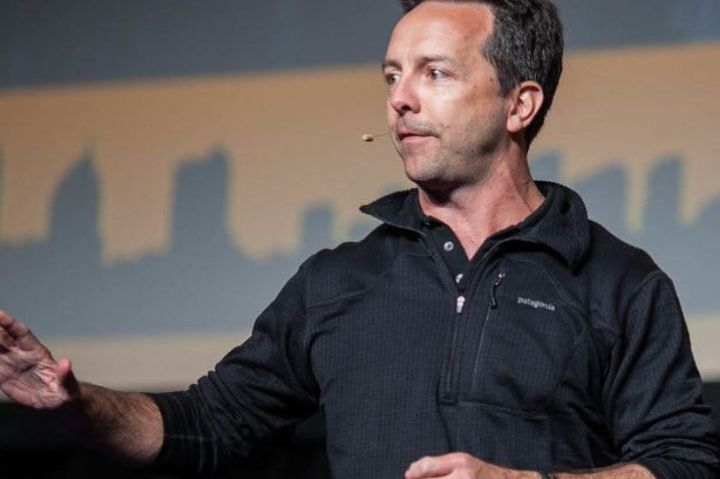In a whirlwind of excitement at Madrona’s IA Summit in Seattle, news of OpenAI’s staggering $6.6 billion fundraising round took center stage, with Altimeter Capital’s Brad Gerstner stepping up to share his insights. As one of the investors in this record-setting round—led by Thrive Capital and joined by powerhouses like Microsoft, Nvidia, SoftBank, Khosla Ventures, Fidelity, and MGX—Gerstner’s perspective holds significant weight in the ongoing dialogue about the future of AI.
Responding to an audience query about AI safeguards, Gerstner emphasized the importance of transparency and accountability for publicly traded companies. He dismissed the notion that a company must reach $1 billion in revenue before considering an IPO, labeling such thinking as “total nonsense.” Instead, he expressed hope and expectation that OpenAI would soon take the public plunge.
“I hope and expect that the next step for OpenAI would be to go public,” he declared passionately. He highlighted the necessity for every retail investor in America to benefit from the burgeoning AI landscape, particularly during a time of significant social upheaval, including job losses and economic disruption. “It’s critically important,” he asserted, positioning OpenAI as the most crucial AI company in the U.S., second only to Nvidia.
Gerstner believes that the public scrutiny and accountability that come with being a publicly traded company are essential for OpenAI’s operations. “It’s too important for them not to be subject to the scrutiny the public markets bring to the table,” he stated, advocating for regular updates and transparency with investors every three months.
However, the path to an IPO may not be straightforward. For OpenAI to go public, it would first need to transition from its nonprofit framework into a standalone for-profit entity—a significant structural shift.
Gerstner expressed confidence in his dealings with OpenAI’s leadership, including CEO Sam Altman and CFO Sarah Friar. He noted that their cautious approach to releasing new models is carefully designed to establish strong foundations among key stakeholders in Washington, D.C. “I take great comfort in my interactions with them,” he remarked, underscoring the diligence that goes into their strategic planning.
Earlier in the session, Gerstner also commented on the competitive landscape, asserting that Microsoft’s Copilot as a consumer brand faces a formidable challenge against ChatGPT. “It’s going to have a hell of an uphill battle,” he warned, while adding a silver lining for Microsoft CEO Satya Nadella: “He owns a lot of ChatGPT.”
As OpenAI continues to navigate the complexities of rapid growth and societal impact, Gerstner’s insights highlight the critical intersection of innovation, investment, and responsibility in the ever-evolving AI landscape.












